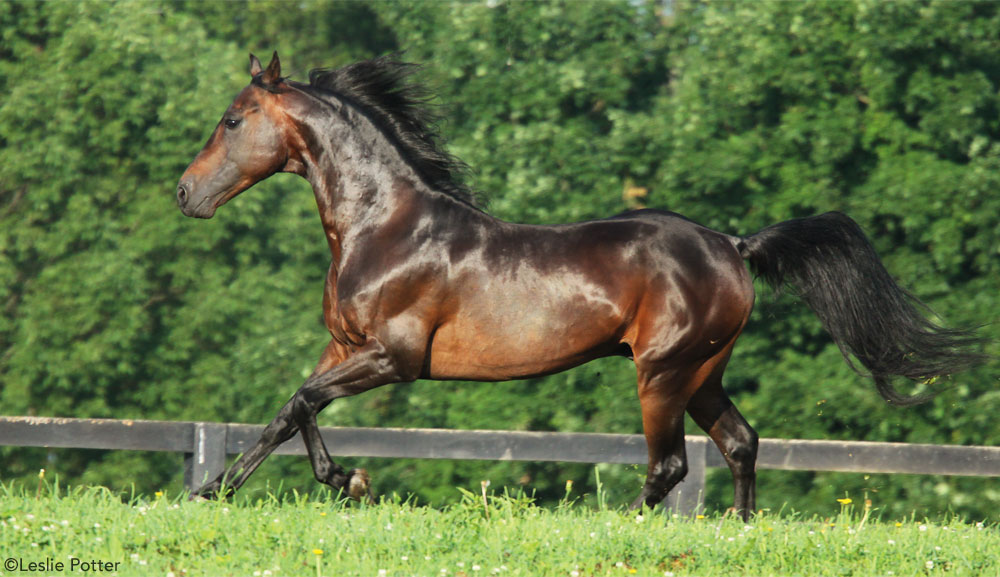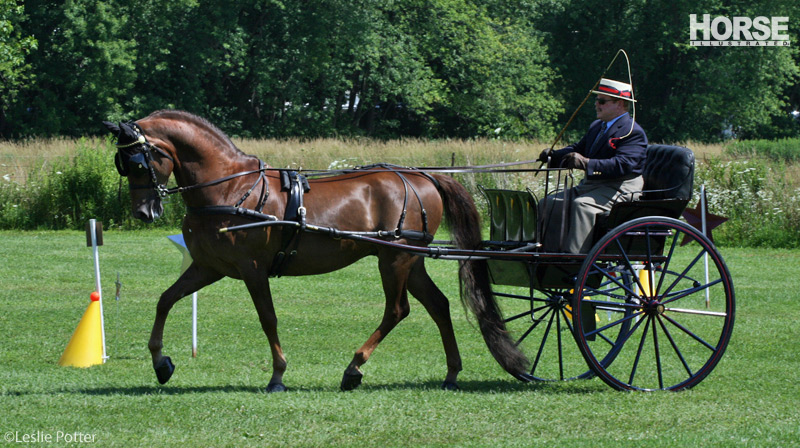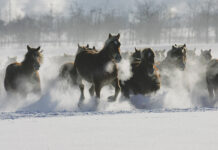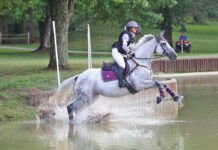Morgan Horse History
Not many horse lovers have escaped childhood without reading Marguerite Henry’s non-fiction book about Figure, the very first Morgan horse, owned by school teacher Justin Morgan in West Springfield, Mass., in 1789. This gentle little stallion was given to the school teacher for payment of a debt. Figure could beat any horse around in every kind of race imaginable.

His lineage is unknown, but there are speculations that he had Dutch Friesian, Arabian and Thoroughbred breeding. One of the remarkable things about the stallion was his ability to pass on his features to his progeny, which fixed the type for generations. Morgans were favored by colonials as carriage horses, plow horses and Pony Express mounts.
Today, the Morgan excels in western and English disciplines as well as competitive trail riding and driving.

Characteristics and Conformation
This breed is a refined, yet strong and muscular horse with an arched, elegant neck. Its high-stepping movement makes it a natural for saddle seat and driving classes.
At Morgan breed shows, horses are shown in several different saddle seat divisions (Classic Pleasure, English Pleasure, and Park) along with hunter and western pleasure, pleasure driving, dressage, reining, and more. The breed excels in combined driving and western dressage.
This breed is a popular children’s horses, as well, due to their sensible nature and manageable size.
Traditional colors are bay, black and chestnut. Modern Morgans can be any color, including palomino and buckskin. Pintos are permitted, but are very rare in the breed.
The Morgan stands 14.1 to 15.2 hands high.

For More Information:
- American Morgan Horse Association, www.morganhorse.com
Further Reading:





